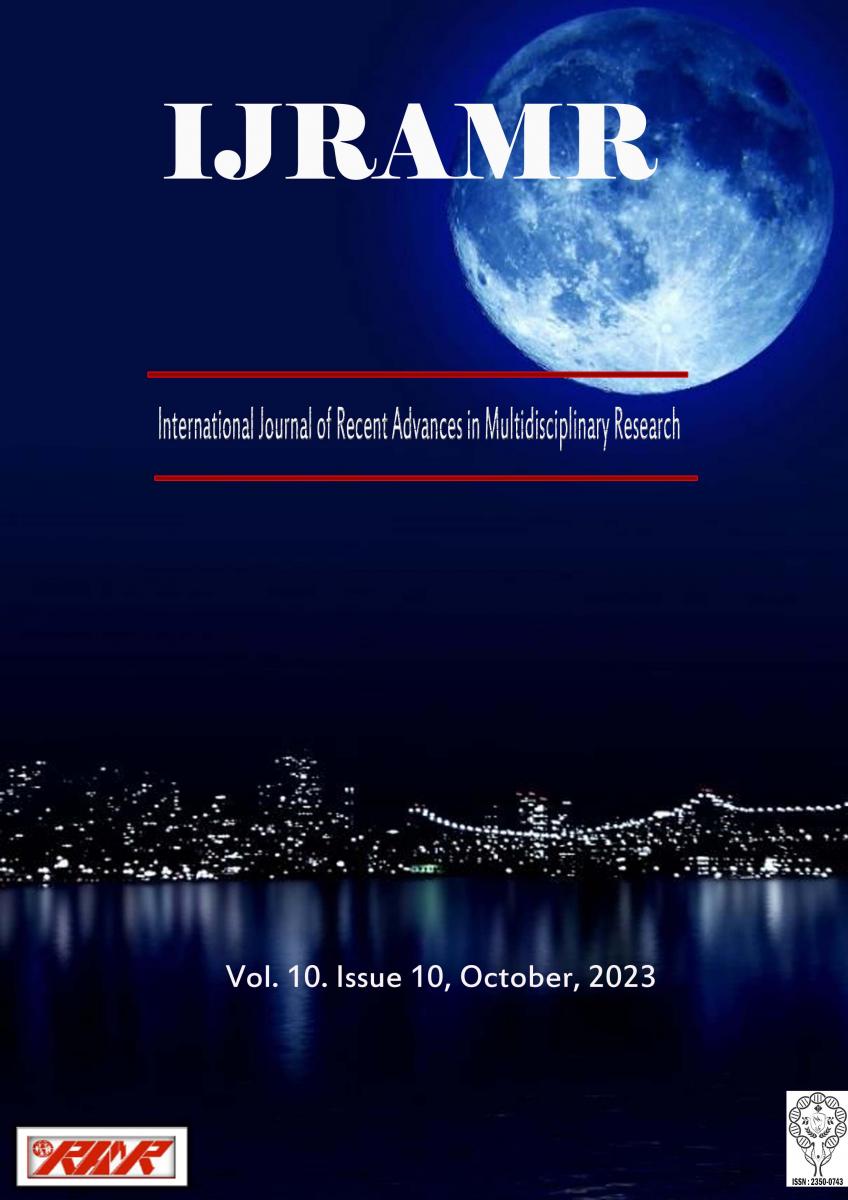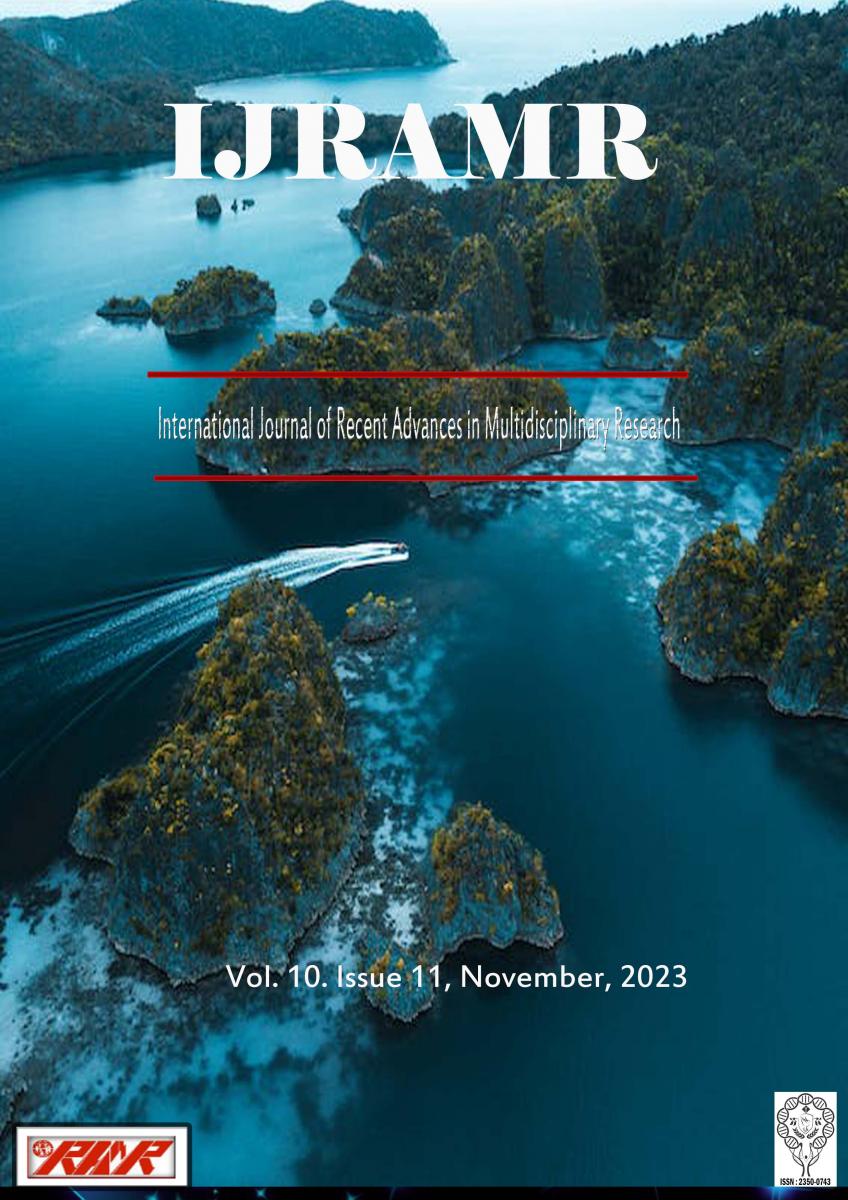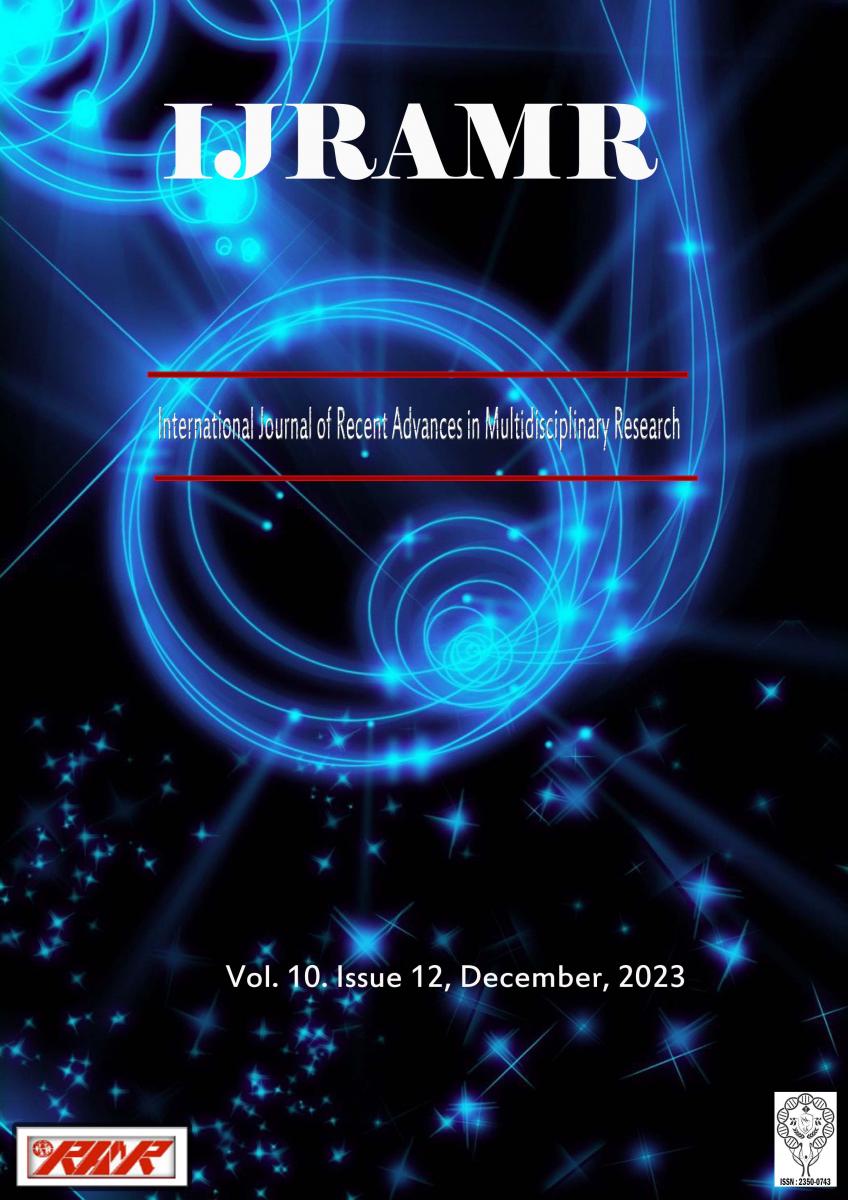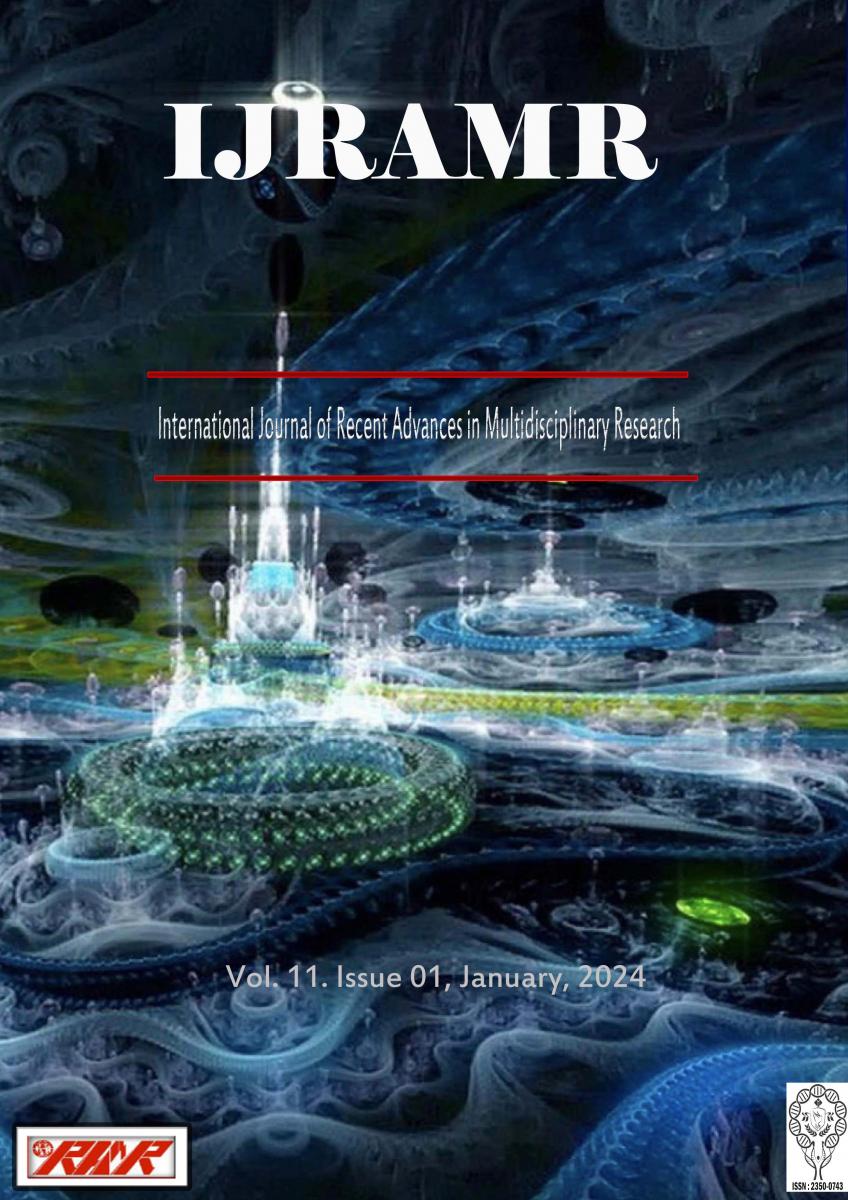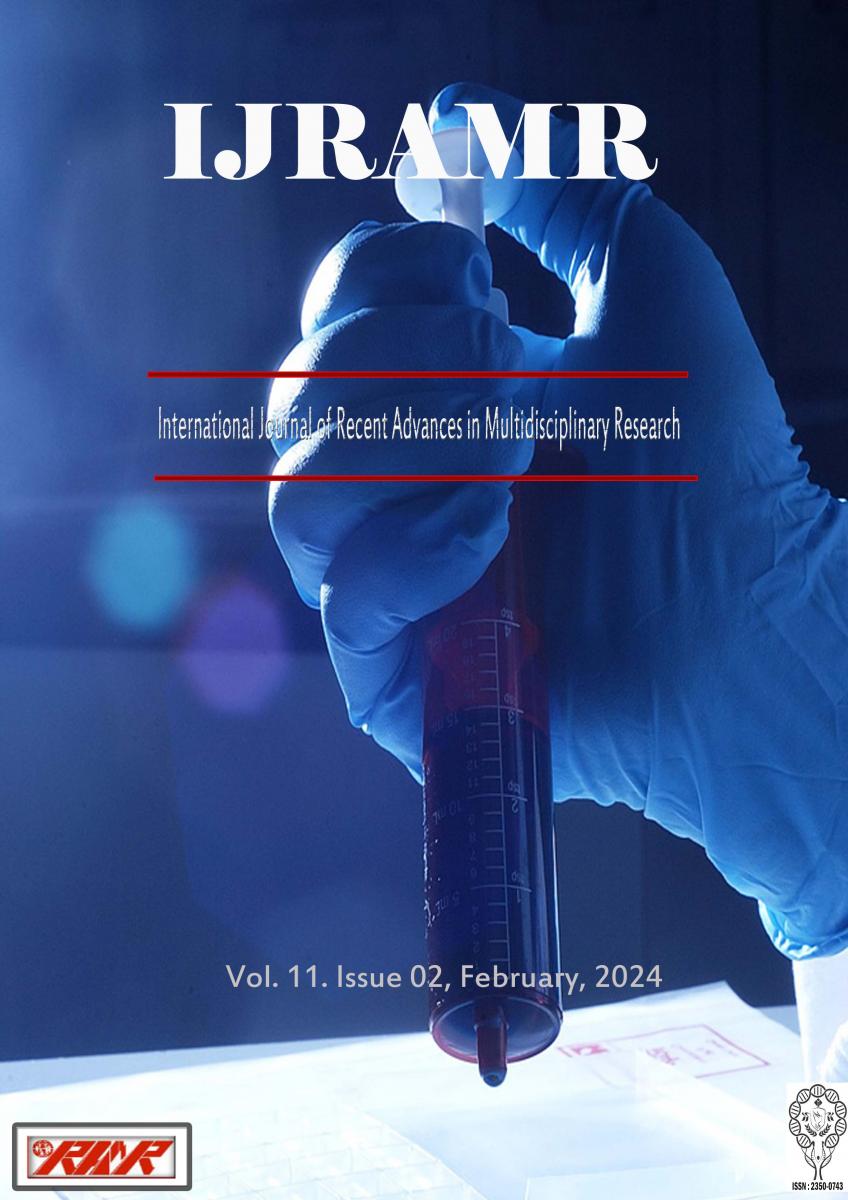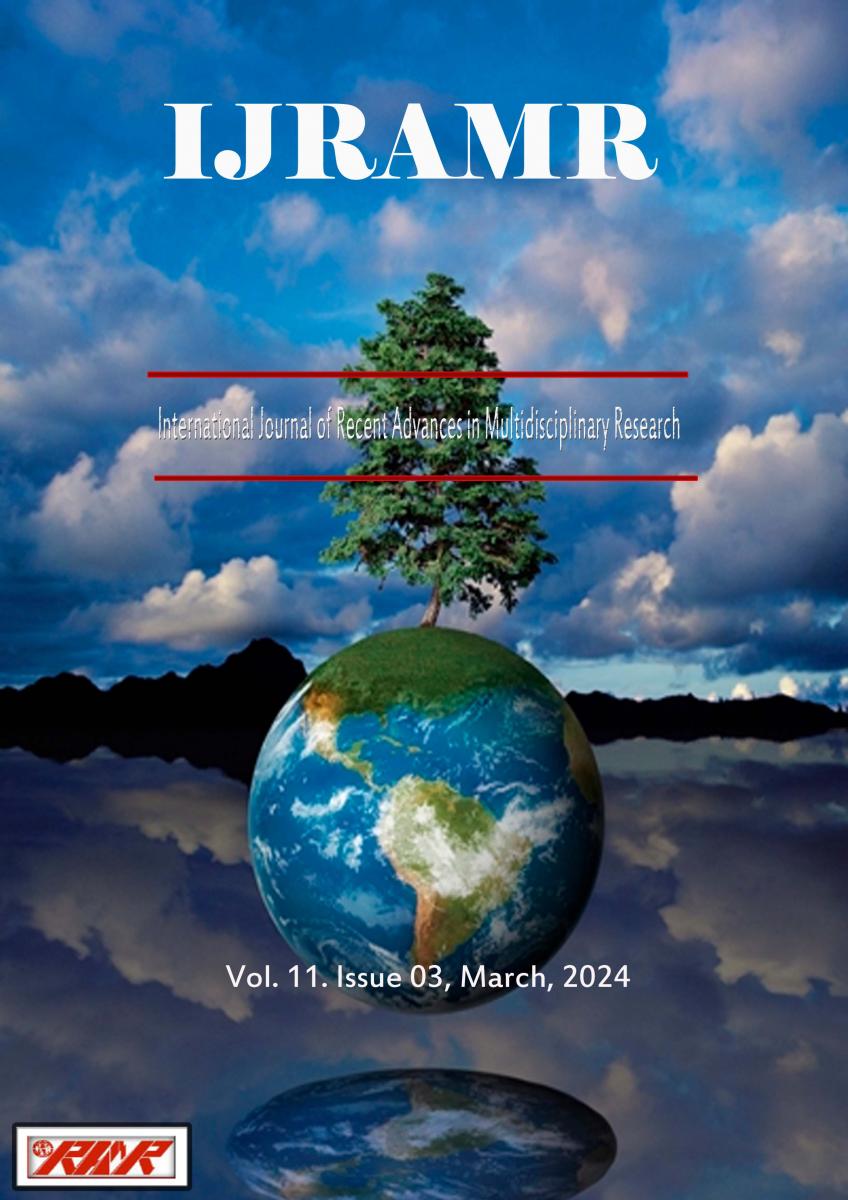As we approach a new era characterized by swift technological advancements, environmental concerns, and intricate global challenges, it becomes increasingly apparent that conventional approaches to engineering education are no longer sufficient. The well-trodden path of memorizing formulas and equations, while undoubtedly essential, is inadequate in preparing future engineers for the multifaceted issues facing our world. The objective of this study is to redefine the teaching process for engineering students through challenge-based learning and to achieve greater engagement in engineering subject learning. The methodology used was the flipped classroom, to allow students to learn at their own pace and in class, Challenge based learning was implemented, so that with the guidance of the teacher, students could develop their knowledge and skills for the solution of a contextualized problem. The main findings of this study showed a greater willingness of students to learn to use all their skills and knowledge, as students usually seek only to solve an exam and only accredit it. But with this methodology, the qualification was able to increase the approval rate by 30%. In conclusion, the utilization of challenges as a teaching method in an engineering vector calculus class offers significant advantages for students. Challenges provide a practical framework for the application of theoretical concepts and facilitate the development of crucial soft skills.
